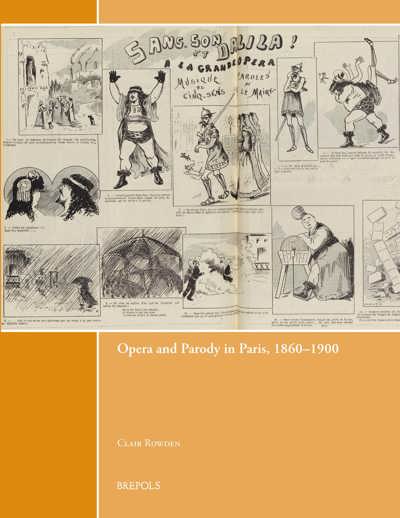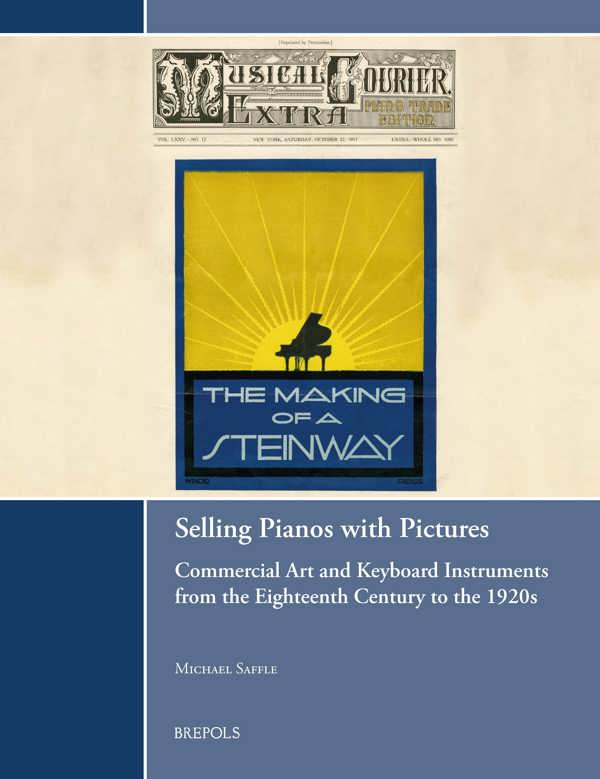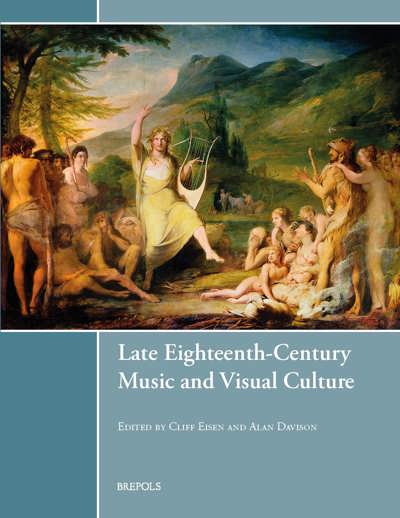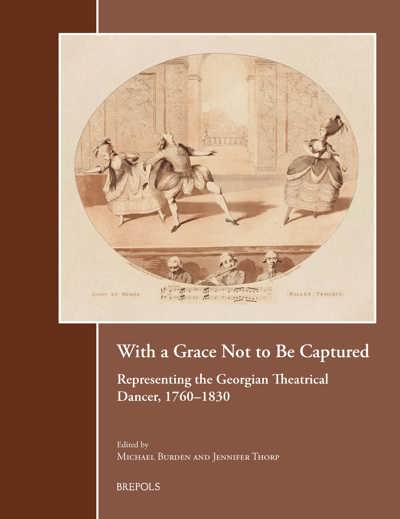
Selling Pianos with Pictures
Commercial Art and Keyboard Instruments from the Eighteenth Century to the 1920s
Michael Saffle
- Pages: xv + 186 p.
- Size:216 x 280 mm
- Illustrations:110 b/w, 50 col.
- Language(s):English
- Publication Year:2021
- € 70,00 EXCL. VAT RETAIL PRICE
- ISBN: 978-2-503-58357-0
- Paperback
- Available
Pianos aren’t just for “entertainment,” at home or in the concert hall: they’re also manufactured goods, meant to be purchased and used for a variety of purposes. And pictures have always helped sell pianos and associated products, including keyboard music, for domestic as well as professional use.
Michael Saffle, Professor of Music and Humanities at Virginia Tech, has published books and articles about Franz Liszt, Richard Wagner, film and television music, and music for the 2012 and 2016 presidential elections. In 2000-2001 Saffle held the Bicentennial Fulbright Professorship in American Studies (a “Distinguished European Chair”) at the University of Helsinki, Finland. He has also held fellowships awarded him by the American Philosophical Society, the Rockefeller Foundation, and the Alexander von Humboldt-Stiftung.
Nineteenth- and early twentieth-century advertisements for pianos, pianists, merchants, music publishers and, above all, for domestic purchases are full of images employed for commercial rather than cultural purposes. This volume examines the commercial characters and significances of how pianos were pictured between the early days of ‘modern’ marketing to today. During the early 1920s, piano sales peaked in the United States; nevertheless, pianos have continued to be sold even as radios, record players, television sets and electric keyboards increasingly replace them as must-have sources of entertainment and improvement. The market for player pianos, although comparatively short-lived, also provided manufacturers and retailers with opportunities to depict pianos and pictures.
Introduction
Chapter I: Advertising, Iconography, and Secondary Sources of Information
Previous Studies of Illustrated Piano Advertising
Musicological Iconography and Iconology
Advertising as a Professional Activity, 1865-1920
Chapter II: Changing Attitudes Toward Pianos and Pianists
Pianos as Objects of Admiration, Denigration, and Social Caché
Women and Keyboard Instruments: Traditional Associations and Early Illustrations
Display, Religion, Respectability, Talent, and “Piano Girls”
Chapter III: The Evolution of Illustrated Piano Advertising, 1770-1925
Early Piano Advertisements, Endorsements, and Testimonials
Illustrated Piano Advertising Comes of Age, 1865-1910
Concluding Observations
A Synopsis of Illustration Piano Advertising and Advertising’s Emerging Importance
The Declining Importance of Pianos and the Increasing Popularity of Phonographs, Radios, Other
Electric Devices, and Guitars
*
Bibliography
Index




